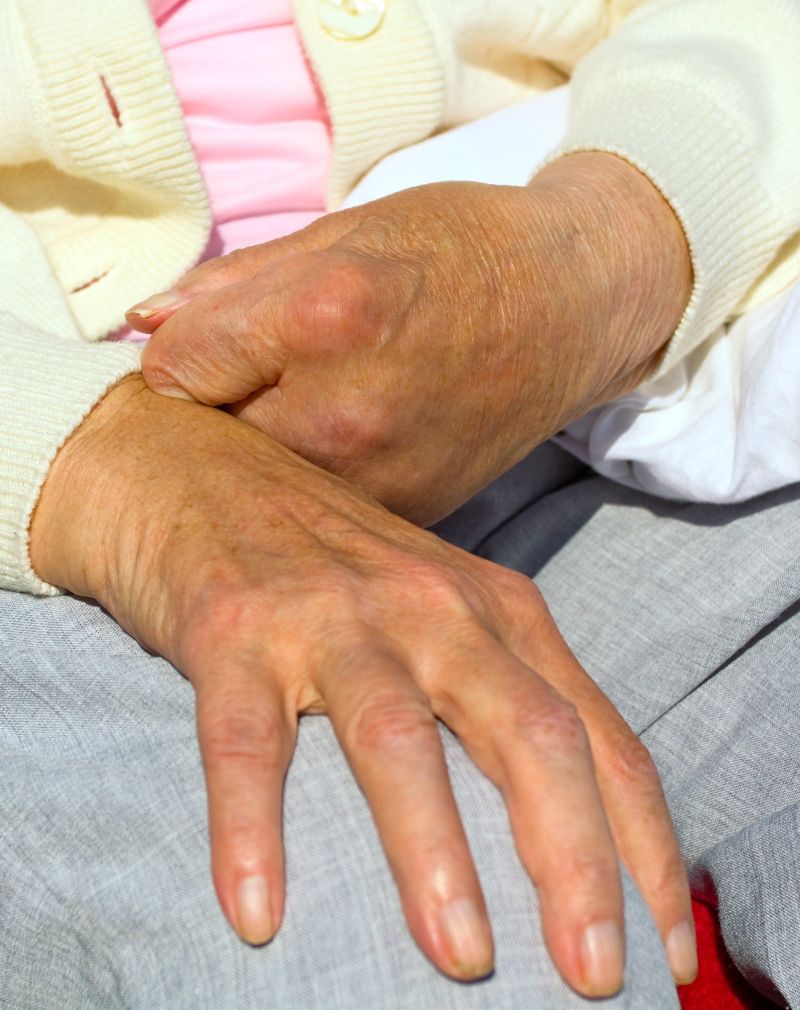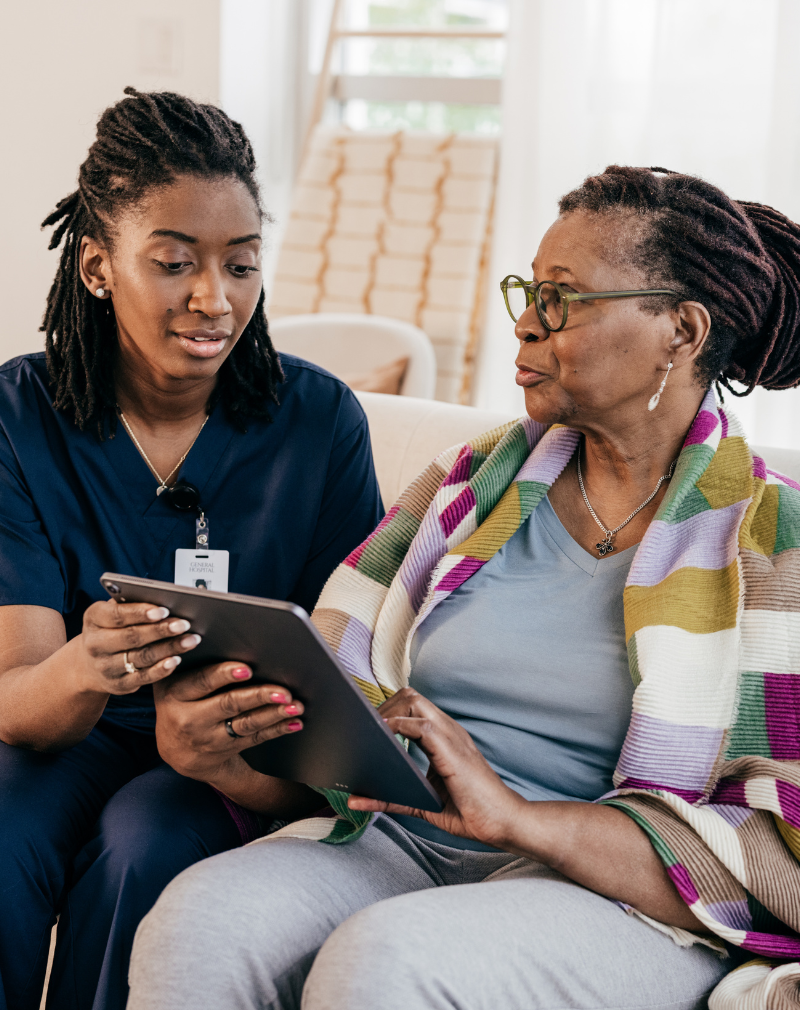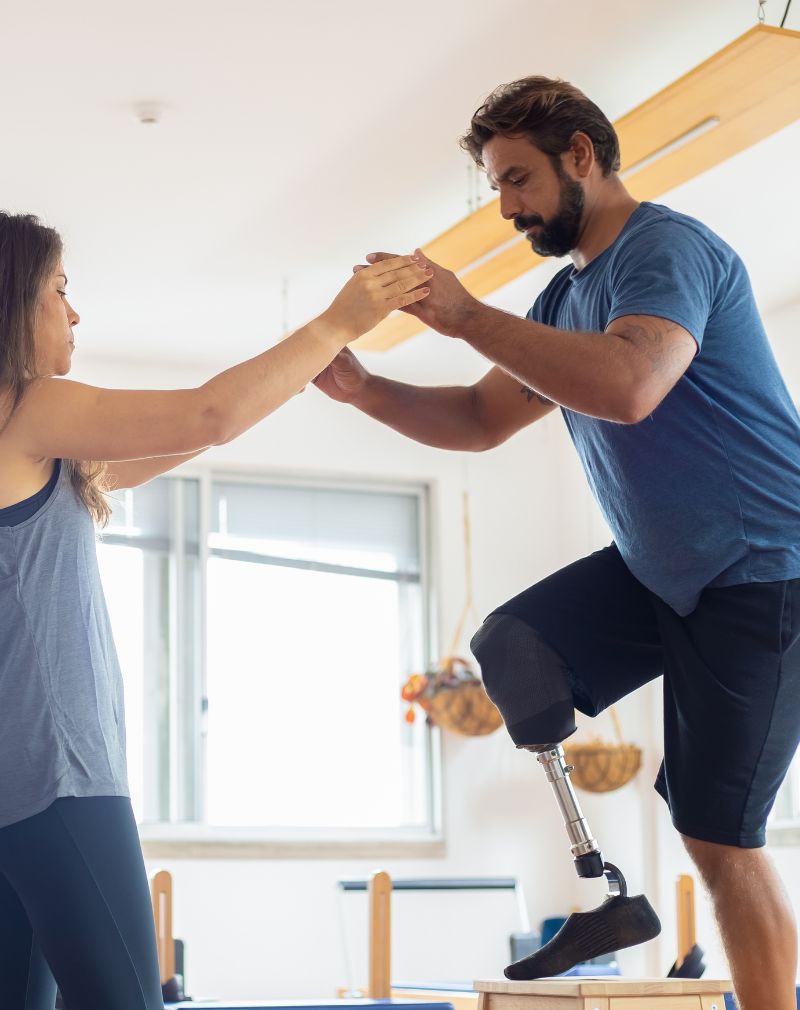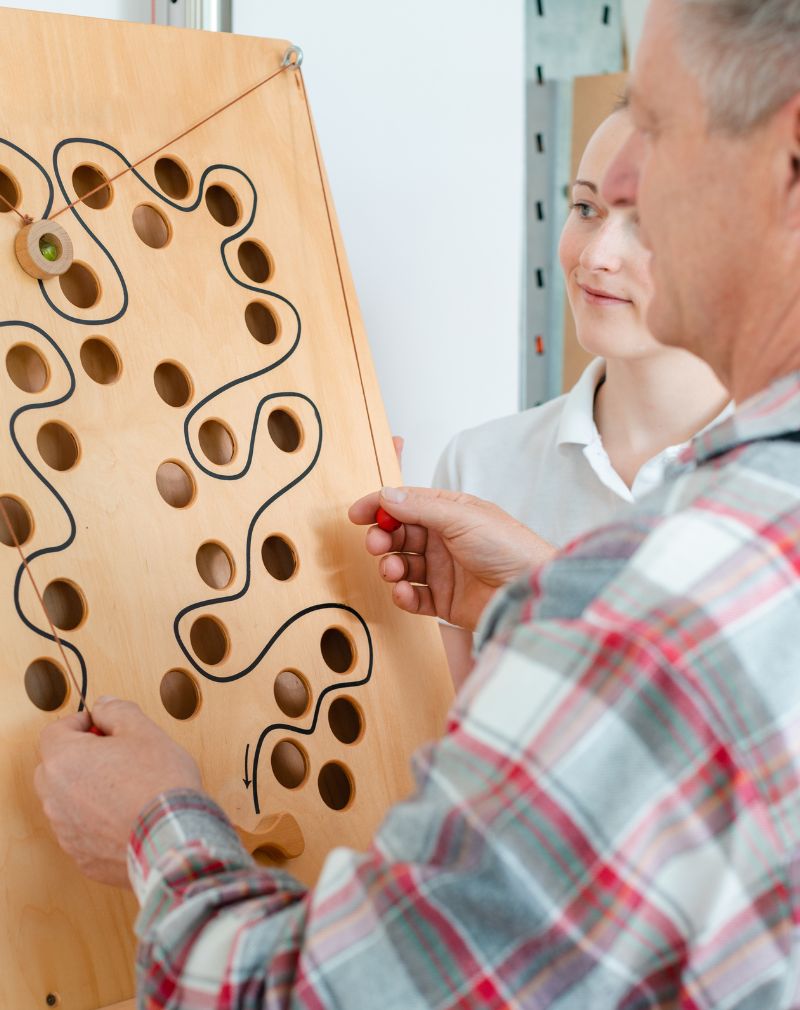You don’t plan for a stroke.
One day, you’re buttoning your shirt, reaching for your keys, making tea. The next, your body stops listening. Your hand won’t close. Your leg drags. Your thoughts feel scrambled, like someone flipped the language in your brain.
These are things most people never think twice about until they’re gone.
More than half of stroke survivors wake up to this reality: basic things, like walking or speaking, suddenly become complex. And terrifying.
But this is also where things can shift. Fast, focused therapy in the first few months can change the outcome. Not just tweak it—change it.
Because when it comes to stroke recovery, time is not just important. It is brutal. What you do early on can decide what you get back.
At The American Wellness Center in Dubai Healthcare City, our Occupational Therapy Team works where hope meets action. We help you rebuild movement, memory, independence.
Piece by piece. Task by task. Day by day.
Understanding Cognitive Challenges After Stroke
It’s not just the body that changes after a stroke. The mind takes a hit too.
Suddenly, conversations don’t land. You forget names, get lost mid-sentence, misplace simple steps. It’s not just memory—it’s focus, clarity, and decision-making that feel foggy.
Roughly 6 out of 10 stroke survivors face these issues early on. That’s not rare. That’s most people.
For some, it fades. The brain fights back. If the damage is mild, recovery is often strong. Especially in the first few months.
But for others, it lingers. Not because they’re not trying. But because recovery isn’t linear. It’s work. Daily, exhausting work.
This is why early cognitive rehab matters. It helps retrain how the brain processes, stores, and retrieves. And when done right, it works.
At The American Wellness Center in Dubai Healthcare City, our Occupational Therapists don’t just look at movement. We assess memory, attention, and problem-solving. Because what’s the point of walking again if you can’t remember where you were going?
Tech Innovations: VR, Telerehab & Digital Tools
Recovery doesn’t have to stay inside the clinic anymore.
Virtual reality is no longer a toy—it’s therapy. Headsets that simulate movement. Digital tasks that retrain the brain. All designed to engage the body and sharpen the mind at the same time.
In just four weeks, stroke patients using VR have shown clear gains in mobility and coordination. And they stick with it longer. Because it feels like progress. Not punishment.
At home, AI-powered wearables now track movement with near-lab accuracy. They don’t just measure steps. They detect tremors. Monitor range. Spot patterns before they turn into problems.
The result? Smarter rehab. Fewer setbacks. More control in the hands of the patient.
The American Wellness Center in Dubai Healthcare City integrates this tech into care plans when it makes sense. Not as a gimmick—but as a way to make recovery fit real life.
The Power of Combining Physical & Cognitive Training
Movement without thinking is mechanical. Thinking without movement is frustrating. You need both.
Aerobic exercise—brisk walking, light cycling, swimming—does more than keep the body active. It changes the brain. Literally. It supports memory, focus, and decision-making.
That’s not abstract. That’s structural change. Blood flow improves. Neural connections grow stronger.
And the harder you work in rehab, physically and mentally—the better the outcomes. This isn’t about pushing past pain. It’s about engaging both systems, fully and early.
At The American Wellness Center, we treat stroke recovery like a full-body experience. Because that’s what it is. You’re not just relearning to walk. You’re relearning to live.
Real-Life Strategies That Actually Work
Progress doesn’t come from hope alone. It comes from habits.
Stroke rehab is not a one-hour-a-week solution. It’s daily effort. Repetition. Frustration. And breakthroughs that feel small, until they aren’t.
Here’s what works. Not theory. Practice:
Start early. Start often.
Therapy works best when it begins within weeks, not months. Momentum matters.
Move every single day.
Even 30 minutes of walking or light aerobic movement can help the brain build new connections.
Don’t bore the brain.
Engaging tools like VR tasks or rhythm-based therapy can hold attention and support deeper learning.
Make progress visible.
Use a notebook, an app, or just a wall calendar. Track the good days, the harder ones, and what’s getting better.
Work with your therapist—not for them.
Ask questions. Set real-life goals. This is your life being rebuilt. Own it.
At The American Wellness Center, we see better results when patients are involved, informed, and emotionally present in their rehab. That’s not a slogan. That’s just what works.
How We Help
You’re not a diagnosis on a clipboard.
That’s why we start with listening—deeply. We want to know what your normal looked like before the stroke, and what you want it to look like after.
From there, we build your plan. Our Occupational Therapists work side by side with cognitive specialists, physiotherapists, and tech experts to support your recovery from every angle.
- We assess movement, memory, balance, and emotional health.
- We tailor therapy with real-life tasks—not just clinic drills.
- We use the right tools when they help: virtual rehab, wearable trackers, goal-setting routines.
- We provide support from inpatient sessions to guided home-based therapy.
This is not generic care. It’s built for your story.
The Hard Truth and the Hope
Stroke recovery is hard. It’s tiring. It can feel unfair.
But it’s also real. It’s possible. And in many cases, it’s remarkable.
The earlier you begin, the better your chances. And the right team can mean the difference between stalled progress and a second chance at living fully.
If you’re ready to take that step:
Reach out to The American Wellness Center in Dubai Healthcare City. Let’s rebuild what was lost—and help you reclaim what’s next.
Because recovery isn’t just a goal. It’s your right.



